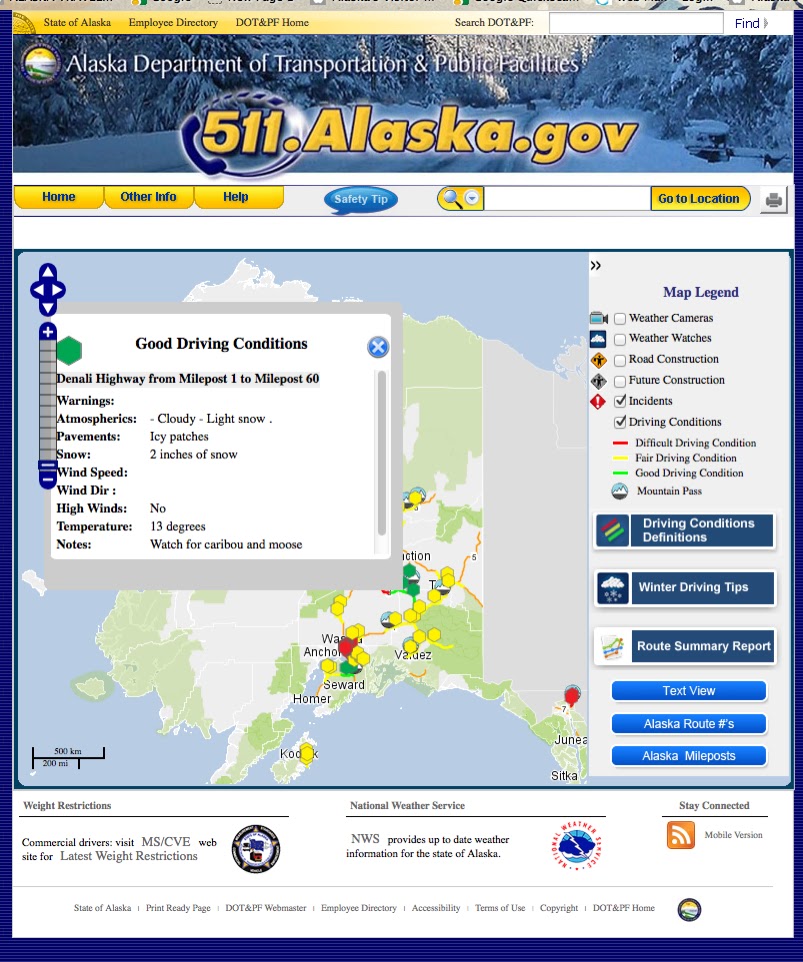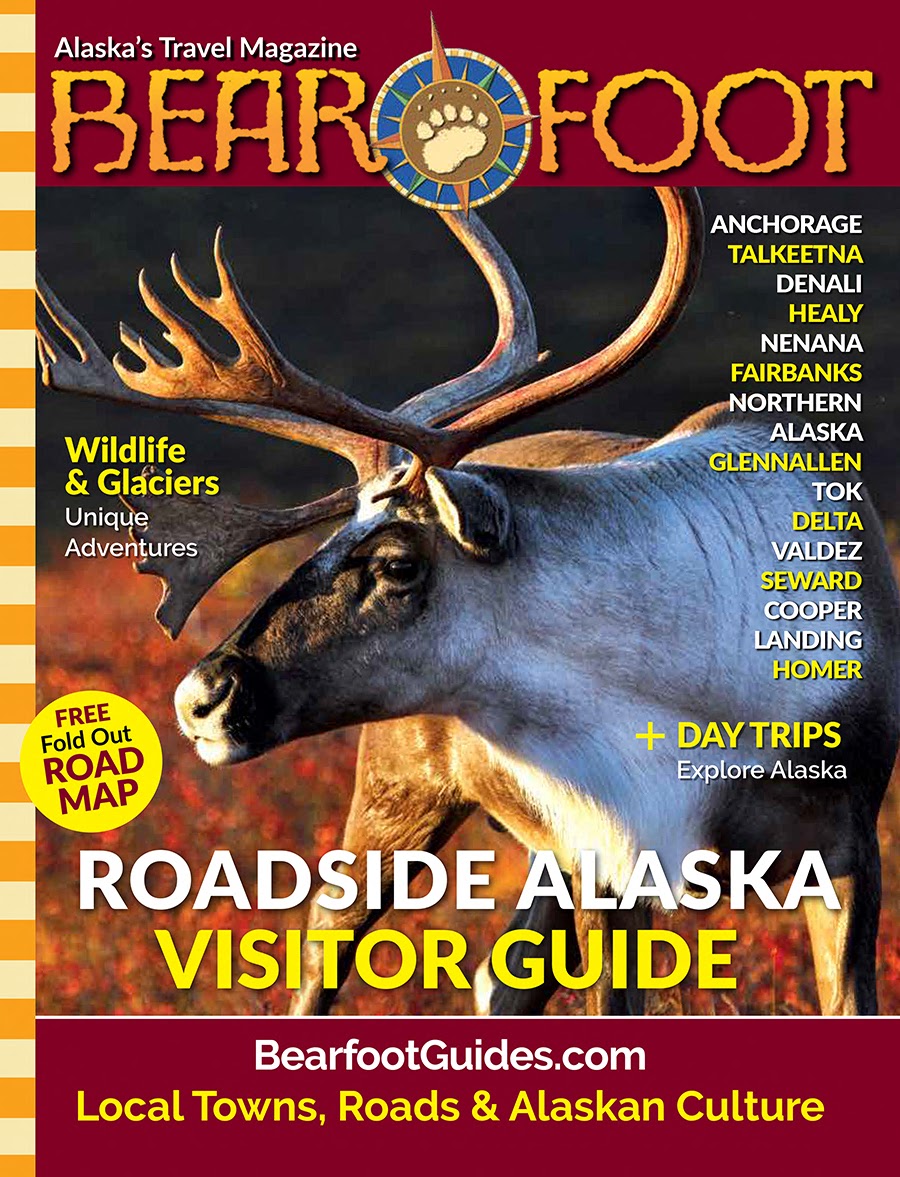Air National Guard Tells Tale Of Daring Rescue Of Two Unnamed Sheep Hunters Near Tonsina
An Incredible Tale In The Copper Valley ...BUT The Names Of The People Rescued On The Cliffs Will Probably Never Be Known Sgt. Michael Ro...
An Incredible Tale In The Copper Valley
...BUT The Names Of The People Rescued On The Cliffs Will Probably Never Be Known
Air National Guard tells a story of high-risk rescue near Tonsina
Alaska Air National Guard rescues two sheep hunters near Tonsina
JOINT BASE ELMENDORF-RICHARDSON, AK -- Alaska Air National Guardsmen of 176th Wing rescued two sheep hunters Aug. 11 near Tonsina about 165 miles east of Anchorage.
The two uninjured hunters were clinging to a cliff and couldn’t self-extricate.
The party used a two-way satellite communication device to send an SOS signal. The Alaska State Troopers received the SOS and requested assistance from the Alaska Rescue Coordination Center at JBER.
The AKRCC then requested assistance from 176th Wing, and the on-duty search and rescue duty officer dispatched a 210th Rescue Squadron HH-60G Pave Hawk helicopter and a 211th Rescue Squadron HC-130J Combat King II, both with 212th Rescue Squadron Guardian Angel pararescuemen (PJs) onboard. The Pave Hawk also included U.S. Air Force Staff Sgt. Nathan Weltman, a 57th Rescue Squadron exchange PJ out of Aviano Air Base, Italy.
Alaska Air National Guard Maj. Benjamin Leonard, 210th RQS HH-60 pilot, said the crew lightened the aircraft as much as possible before heading to the SOS signal at speed. Their primary concern was rotor-wash affecting the hunters, so a straightforward overhead-hoist was out of the question.
“We shot a direct [course] to the coordinates, looked out the window, and saw the hunters,” Leonard said. “We analyzed the location and site with the PJs, and we thought it was an excellent call to insert them in to prepare the survivors for the hoist.”
One hunter took refuge on a rock, while the other clung to a ledge. Alaska Air National Guard Tech. Sgt. Michael Rogers, 212th RQS PJ, said he and Weltman hoisted to a ridgeline above the hunters before moving to their position to establish a safety belay.
“The belay wasn’t anything complicated, it was a two-rope system,” Rogers said. “It was just enough to keep everyone safe on the wall.”
Once they were secured, HH-60 special mission aviators could safely hoist the PJs and the hunters into the helicopter. The crew released the hunters to Troopers at Mile 65 on the Richardson Highway. The HC-130 air-to-air refueled the HH-60 to extend the helicopter’s range.
Alaska Air National Guard Senior Master Sgt. Jeff Hamilton, AKRCC superintendent, highlighted the importance of hunter preparedness.
“The fact that the hunting party had a two-way satellite messenger device made for the best possible outcome in this situation,” Hamilton said. “A cell phone alone won’t be of any help once you travel beyond cell tower range.”
For the mission, 57th RQS, 210th RQS, 211th RQS, 212th RQS and the AKRCC were credited with two saves.
JOINT BASE ELMENDORF-RICHARDSON, AK -- Alaska Air National Guardsmen of 176th Wing rescued two sheep hunters Aug. 11 near Tonsina about 165 miles east of Anchorage.
The two uninjured hunters were clinging to a cliff and couldn’t self-extricate.
The party used a two-way satellite communication device to send an SOS signal. The Alaska State Troopers received the SOS and requested assistance from the Alaska Rescue Coordination Center at JBER.
The AKRCC then requested assistance from 176th Wing, and the on-duty search and rescue duty officer dispatched a 210th Rescue Squadron HH-60G Pave Hawk helicopter and a 211th Rescue Squadron HC-130J Combat King II, both with 212th Rescue Squadron Guardian Angel pararescuemen (PJs) onboard. The Pave Hawk also included U.S. Air Force Staff Sgt. Nathan Weltman, a 57th Rescue Squadron exchange PJ out of Aviano Air Base, Italy.
Alaska Air National Guard Maj. Benjamin Leonard, 210th RQS HH-60 pilot, said the crew lightened the aircraft as much as possible before heading to the SOS signal at speed. Their primary concern was rotor-wash affecting the hunters, so a straightforward overhead-hoist was out of the question.
“We shot a direct [course] to the coordinates, looked out the window, and saw the hunters,” Leonard said. “We analyzed the location and site with the PJs, and we thought it was an excellent call to insert them in to prepare the survivors for the hoist.”
One hunter took refuge on a rock, while the other clung to a ledge. Alaska Air National Guard Tech. Sgt. Michael Rogers, 212th RQS PJ, said he and Weltman hoisted to a ridgeline above the hunters before moving to their position to establish a safety belay.
“The belay wasn’t anything complicated, it was a two-rope system,” Rogers said. “It was just enough to keep everyone safe on the wall.”
Once they were secured, HH-60 special mission aviators could safely hoist the PJs and the hunters into the helicopter. The crew released the hunters to Troopers at Mile 65 on the Richardson Highway. The HC-130 air-to-air refueled the HH-60 to extend the helicopter’s range.
Alaska Air National Guard Senior Master Sgt. Jeff Hamilton, AKRCC superintendent, highlighted the importance of hunter preparedness.
“The fact that the hunting party had a two-way satellite messenger device made for the best possible outcome in this situation,” Hamilton said. “A cell phone alone won’t be of any help once you travel beyond cell tower range.”
For the mission, 57th RQS, 210th RQS, 211th RQS, 212th RQS and the AKRCC were credited with two saves.

















